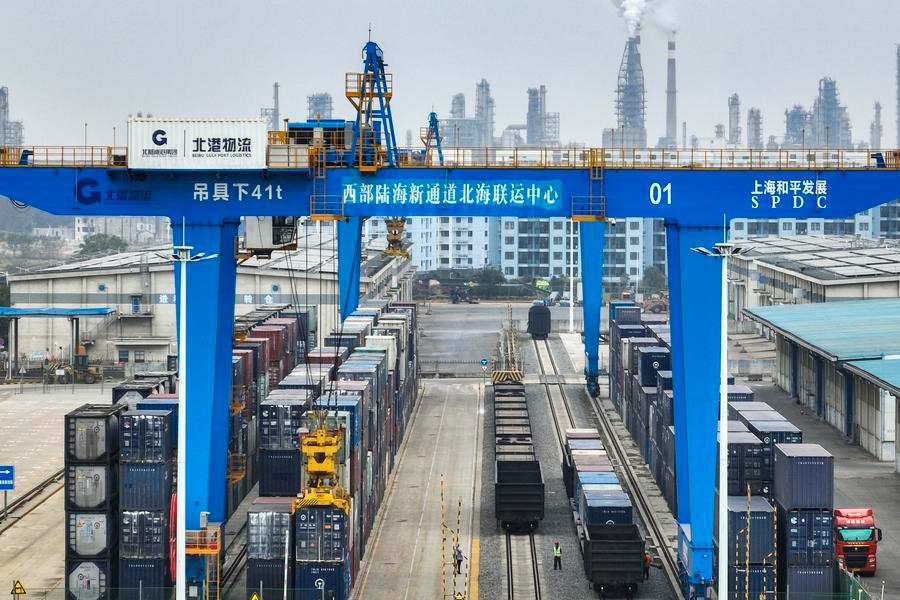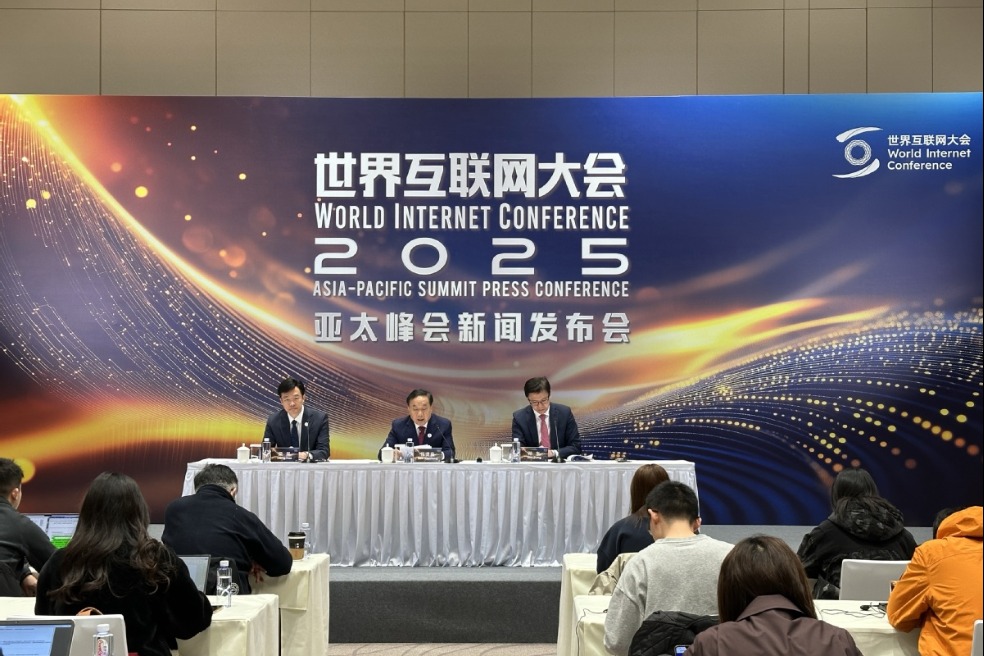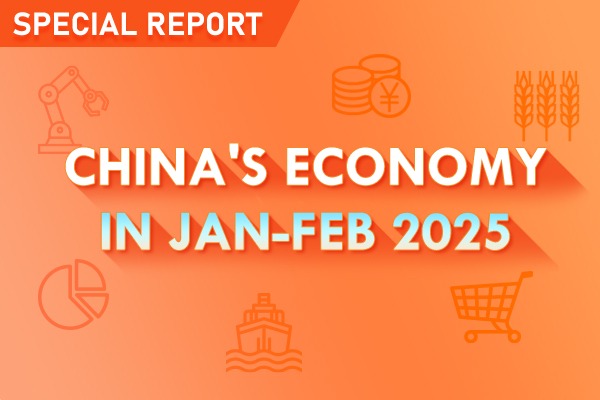Specialist urges Big Tech regulatory framework


China needs to roll out a long-term policy framework for regulating big technology enterprises-"Big Tech", including those that are internet-based-so as to prevent spillover effects of any possible irregular activities on the financial services sector; the country should also tighten supervision of cross-border data flows, a senior researcher told China Daily.
The hoped-for framework should address Big Tech's potential to have system-wide impact on the financial services sector during crises, and the authorities should update standards that can designate certain internet-based companies as being "systemically important", said Hu Bin, deputy director general of the Institute of Finance and Banking under the aegis of the Chinese Academy of Social Sciences.
So far, China has no such formal framework to regulate Big Tech; but, the People's Bank of China, the central bank, recently introduced rules for big traditional financial institutions, to ensure they have sufficient resources to absorb any possible systemic shocks.
From suspending the planned listing of Alibaba's fintech arm Ant Financial Group in November to the recent crackdown on online gaming and food delivery platforms, Chinese regulators have tightened scrutiny of Big Tech performance, in the context of formation of potential monopolies, data privacy, national security, and socioeconomic factors.
The proposed regulation of big internet-based platforms should also consider the potential of their complicated business structure and operational performance to create, catalyze or cause systemic financial risks. The regulatory logic should be similar to that used in the case of traditional, systemically important financial institutions, Hu said.
In some advanced economies, such institutions are identified as "too big to fail".
The Big Tech boom globally as well as in China has intensified competition with traditional, systemically important entities, and authorities need to redefine the designation standards, Hu said.
Globally, regulation based on activities is gaining the support of financial regulators. In China, an entity-based approach to Big Tech has already taken root. The PBOC allows only businesses with special licenses to operate in their respective market.
This is done to address possible challenges that may arise if or when Big Tech entities enter the financial services sector, according to a research report from the Bank for International Settlements (BIS), which was published earlier this month.
Another key function of the proposed regulatory framework in China should be to improve cross-border supervision. Emphasis should be on holding the regulatory right within the jurisdiction when data are flowing across states, Hu said.
Close coordination among different regulators, including the market regulators and financial regulators, can strengthen anti-monopoly actions and better protect consumers' data privacy, said Hu.
"When it comes to cross-border data sharing, it will be most difficult for internet-based platforms to decide which regulatory body's requirements should be complied with."
China has been updating and amending regulations to cover relatively new industries like fintech (financial technologies) and Big Tech, and this trend signifies "a significant moment in the history of China's economy and capital markets", said a research report from Morgan Stanley.
Robin Xing, Morgan Stanley's chief economist in China, said he expects a more anticipatory regulatory framework. Forward guidance for emerging industries could offer greater visibility and transparency, giving businesses sufficient time to adjust, he said.
"Although some short-term pain arising from overdue regulation that follows a prolonged period of unregulated growth is inevitable, there are ways of mitigating the policy overhang."
Andrew Fennell, senior director of sovereigns, Fitch (Hong Kong) Ltd, a ratings agency, said China's economy and capital market will further integrate into the global market. "Policymakers need to communicate policy shifts in a timely manner that provides certainty and confidence to commercial stakeholders, while minimizing economic disruption."





































